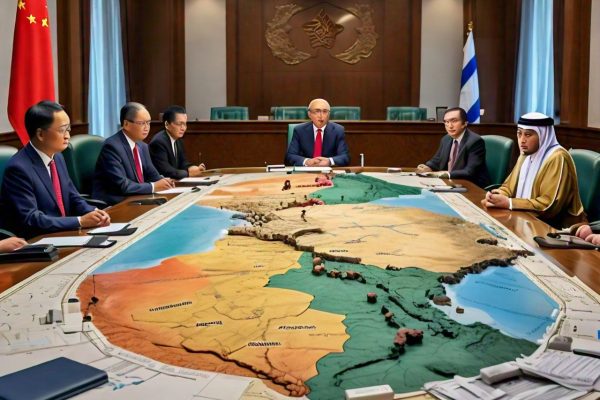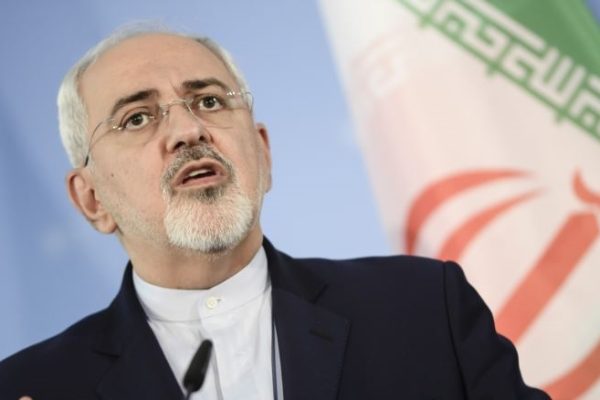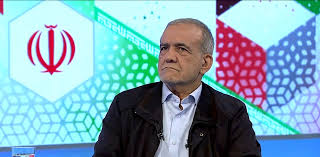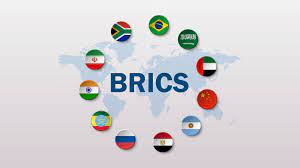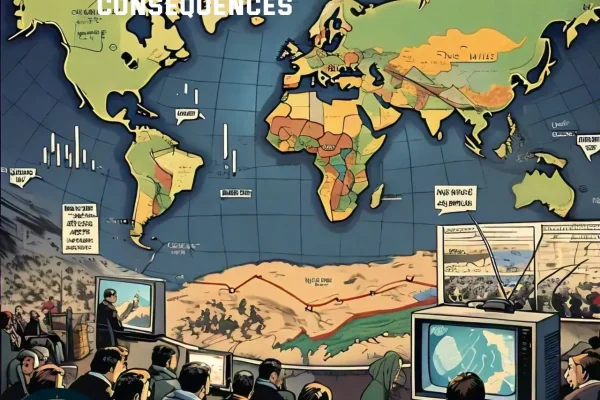
Iran-Israel Tensions: Escalation, Economic Impact, and Global Consequences
The escalating tensions between Iran and Israel pose significant risks to the stability of the Middle East and global security. Both nations are locked in a proxy war with broader geopolitical implications, especially for oil markets and arms manufacturers. As regional tensions grow, the conflict serves as a distraction from the global economic crisis, inequality, and energy issues, creating ripple effects that extend beyond the battlefield.








